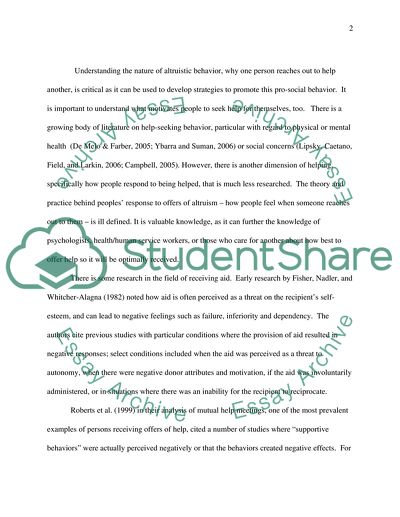Cite this document
(“Experimental psychology Essay Example | Topics and Well Written Essays - 1500 words”, n.d.)
Retrieved from https://studentshare.org/psychology/1535882-experimental-psychology
Retrieved from https://studentshare.org/psychology/1535882-experimental-psychology
(Experimental Psychology Essay Example | Topics and Well Written Essays - 1500 Words)
https://studentshare.org/psychology/1535882-experimental-psychology.
https://studentshare.org/psychology/1535882-experimental-psychology.
“Experimental Psychology Essay Example | Topics and Well Written Essays - 1500 Words”, n.d. https://studentshare.org/psychology/1535882-experimental-psychology.


